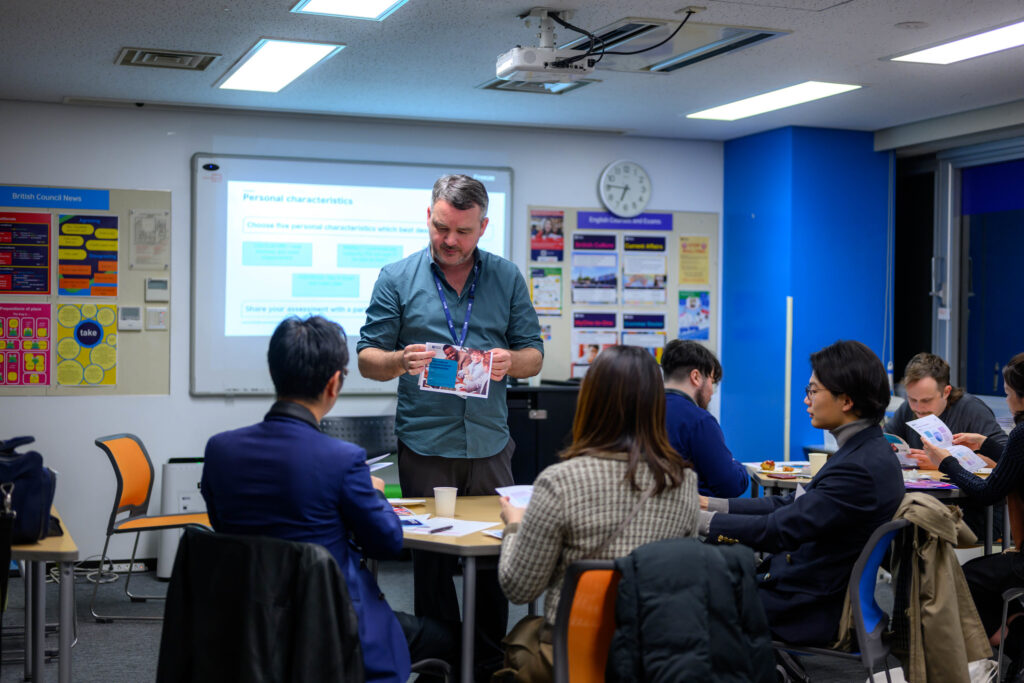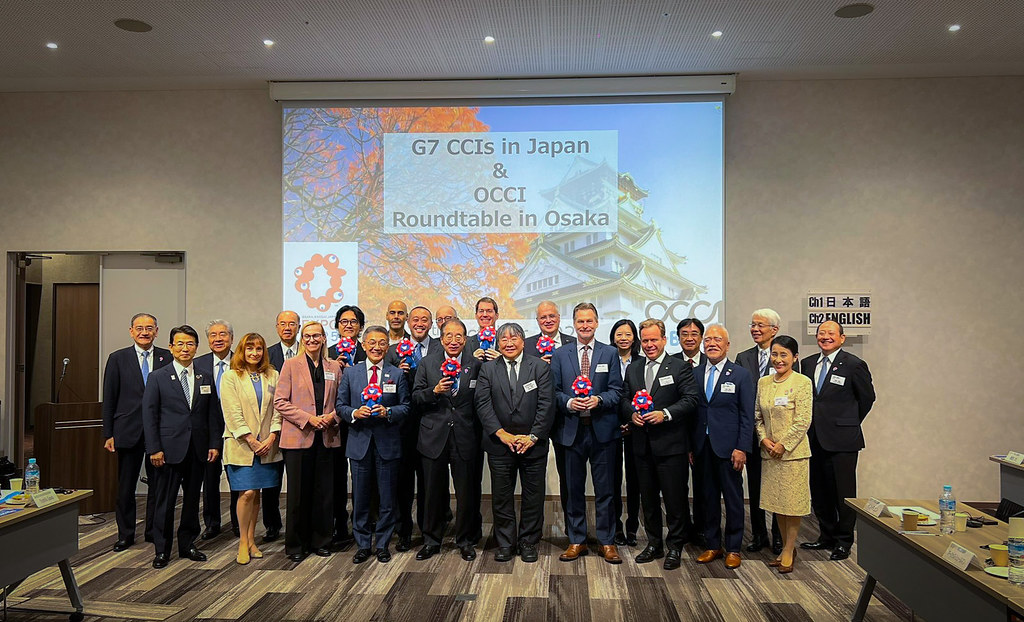Member? Please login
COVID-19: Flexibility, Resilience and Action

Written by Sterling Content
March 27, 2020
Community and Business
Leadership and executive coach Jennifer Shinkai has shared tips on coping with the COVID-19 crisis—both personally and professionally—in the second webinar hosted by the British Chamber of Commerce in Japan (BCCJ).
In a lively Q&A format chaired by Graham Davis, BCCJ senior adviser, the expert on change management and communications discussed the need for individuals and organisations to adopt flexibility, resilience and action in the face of the current global pandemic.
Shinkai explained that this approach is important because people are feeling the strain of the crisis, with immediate concerns relating to health, welfare and family as well as wider concerns about the economy and the future. Such stress can result in many different reactions and coping mechanisms, of which not all are healthy.
Acceptance and solution
Taking a moment to grieve the loss of business, professional opportunities or former work situations can be helpful, she said, but it’s important that the next step is forward-thinking; remaining stuck in a negative mindset is damaging.
She called on members to be strong and reminded them that anyone can be resilient, even those who think it is not their inherent trait. “Resilience is a muscle,” she said, and “having the ability to bounce back is a practice.”
Organisations can play a critical role in helping their people on this journey of grief to being constructive.
“As a leader, realize where you are—in terms of acceptance and solution—and accept that everyone is working through it at their own pace. Think about how you can shorten the time of that change curve and move people into action as soon as possible,” she said.
Embracing technology
Shinkai said businesses and individuals should make the most of online software-as-a-service solutions to help maintain productivity, motivation and engagement while working remotely.
Online conference provider Zoom, for example, features video webinars, online meetings, conference rooms and breakout rooms to suit all kinds of needs. There are also chat and comment functions so activities can be interactive.
While she admitted such meetings require more rigorous facilitation, to ensure input is balanced across participants, she said they can result in “really good engagement and interesting conversations.”
Technology can also be used to stay connected informally. Shinkai suggested anyone feeling isolated should consider inviting a colleague for a virtual coffee—and not feel guilty about it. These kinds of interactions play an important role in helping staff do their work well.
Additional benefits to working remotely include greater productivity and the opportunity to boost connections online. As an entrepreneur, Shinkai has found using online tools to connect and talk to people has expanded her professional network over the years, helping her to have a “better global view.”
“When I was working in corporate, I was very mindful about how I was building my network within the organisation and local community,” she said. Now, she is mindful of building her network online and called on members to do the same, particularly at this time.
Disruption and opportunity
Noting the importance of innovation for business success, the BCCJ’s Davis asked if the COVID-19 crisis presented opportunities for organisations to be disruptive and stimulate new ideas.
Shinkai suggested that it was a good time to experiment, albeit with some caveats. Firms should “reduce the perception of risk and reduce the scale,” she said. For example, start something on a small scale and with a low budget, and use it as a learning activity.
“Applying a design-thinking mindset can also be great,” she added.
Staying structured, connected
For Shinkai, experimentation today is both an opportunity and a necessity. As her clients shifted their priorities from training to crisis management, her short- and medium-term sales pipeline dried up in late February, leaving her to look at other options.
Her passion was to continue helping people to integrate ikigai (life purpose) into their work, so she created Make March Matter, a free online community of professionals seeking to maintain productivity during the COVID-19 crisis.
“Piloting something new freed me from being a perfectionist,” she said, explaining that she created and launched the project in one day because she had no fear of failure. “Once I made the decision [to launch], I had an amazing change of energy and clarity to help me produce [the content],” she added.
Make March Matter aims to offer accountability, connection and inspiring action via three online sessions per week. Participants get regular check-ins and structure, which helps with their motivation, energy and mental health. The community also encourages and inspires each other, while evolving organically to adapt to user needs.
Shinkai will continue Make March Matter in April under the theme of “Action in April.” https://www.facebook.com/groups/makemarchmatter2020/
“I’m glad that I’m being useful at a time when I thought that I couldn’t be, and I encourage everyone to find a moment to think where they can find opportunity,” she said. “It’s a serious time, but also a time for play because everyone is changing, and the rules are changing. Start small and see what happens.”
Agile and open
Shinkai advocated flexibility, a “default-to-action mindset” and openness during this time of crisis. Entrepreneurs may be more agile and better equipped to adapt to new challenges, but corporate staff can also play their part in helping organisations be more agile.
When asked what lessons can be gleaned from the crisis, she said organisations should take time to realise the extent of what can be done online, celebrating what they were able to shift from in-person to online. “When forced to do it online, we’ve made it happen,” she said.
With many organisations also embracing change and disruption to keep their operations moving, it’s also a great opportunity to practice inclusiveness during troubleshooting, creation and decision-making. Engaging more staff not only improves morale, it also guarantees more ideas and therefore better results.
“It’s a great opportunity to hear different perspectives and different ways of doing things,” she said. “As each opportunity comes, we should be listening to different voices because they are seeing the world in a different way.”







